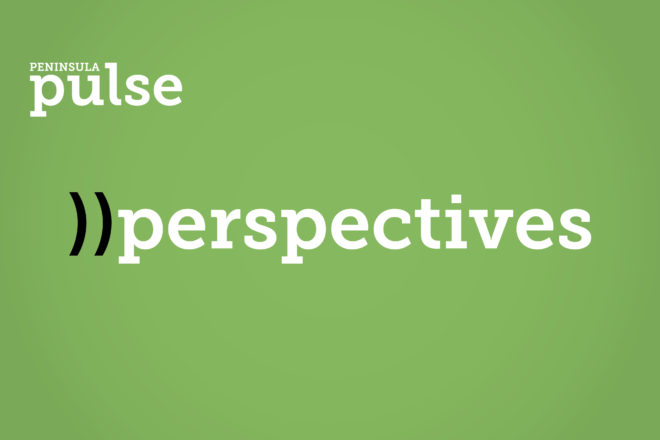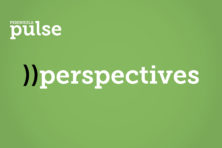PULSE OF PHILANTHROPY: Latin and the Transformative Power of Volunteerism
- Share
- Tweet
- Pin
- Share

Respect. Civility. Good manners. Valerie Haas expected that her students embody these values. It’s been more than 40 years since I first walked on the campus of ‘Iolani School and met Ms. Haas, but I’m still too intimidated to refer to her as anything other than Ms. Haas.
She taught Latin, a subject which is the very epitome of a classical education. Ms. Haas demanded excellence. She did not request it. She did not nurture it. She simply expected it. Yet Ms. Haas also believed that to achieve excellence, people must approach every conversation with respect, civility and good manners. More often than not, students lived up to her expectations.
In my last column, “Keeping Our Disputes From Becoming Disdain,” I wrote about America’s alarming habit of personally attacking those with whom we disagree rather than engaging in a respectful debate over the ideas themselves. The Latin phrase for this is argumentum ad hominem, which basically translates to “argument against the man.” It’s from where we derive the modern concept of an “ad hominem argument.” I’m sure that Ms. Haas is looking down and is quite pleased this former ‘Iolani student can explain that.
When you make an ad hominem argument, you are not debating an idea. Instead, you are attacking the character, motives and personal attributes of the other person. It’s a way to avoid honest debate by creating a diversion with irrelevant and often hurtful personal attacks.
Too many of us have the troubling habit of lashing out personally at those with whom we disagree rather than debating their ideas. Yet America’s future depends on our ability to have respectful debates because democracy believes that a conflict of ideas ultimately leads to the best outcome. It’s what Ms. Haas taught. To achieve excellence, we must ground our debate in respect, civility and good manners. Unfortunately, that’s becoming increasingly rare.
In the paper “Interventions to Reduce Partisan Animosity” by doctoral students Rachel Hartman, Will Blakely, et al, they note a majority of Americans have few, if any, close friends who are members of the opposite party. They also explain that “the absence of cross-party friendships is correlated with hatred for the outgroup.”
The good news is there is a pathway forward. The researchers write that “providing individuals with opportunities to interact with members of opposing groups may remedy negative animus. Indeed, there is a rich body of literature in social psychology detailing the positive effects that contact has for intergroup relations across barriers related to race, ethnicity, religion, and sexual orientation.”
Put simply, when we have good interactions with people we disagree with, we are less likely to demonize them because of those disagreements.
While the national tendency to disdain those on the other side of the political aisle exists everywhere, it is not nearly as pronounced in Door County as it is in other places. I believe that a primary driver of our ability to still have civil discussions with each other in Door County is our unusually large number of non-profits and the volunteerism they engender.
Door County has roughly three times the number of tax-exempt organizations as a typical community of its size. It’s also the only place I’ve ever lived where so many folks (particularly those who are retired) introduce themselves by talking about the charities with which they are involved.
Whether you’re helping the Door County Land Trust remove invasive plants, swinging a hammer to build a Habitat for Humanity home, or serving on the Board of Directors of the United Way, neither politics nor ideology has anything to do with why you are there. You volunteered because you are motivated by your fundamental values like compassion, generosity and love for our community. Though the person next to you might have very different political views, after working shoulder-to-shoulder it’s hard not to conclude that they share many of the same fundamental values with you.
Volunteering challenges stereotypes and prejudices. When people from different political backgrounds work together on a shared project, they often find that their preconceived notions about each other are inaccurate. Working side-by-side with those who are different builds trust and fosters a sense of unity that is essential if we are to find common ground on contentious issues. Volunteering can be a stepping-stone to more open and respectful political conversations.
Volunteering does not resolve deeply rooted political divisions. However, it is a powerful tool helping to keep our legitimate policy disputes in Door County from devolving into a personal disdain for one another.
Bret Bicoy is President & CEO of the Door County Community Foundation. Contact him at [email protected].




